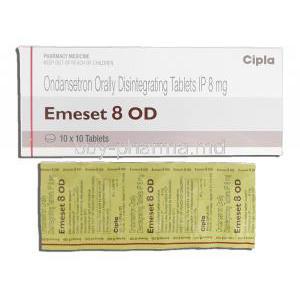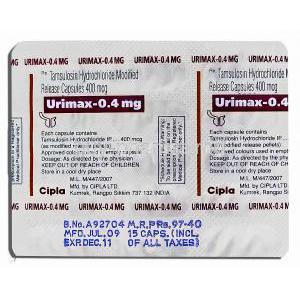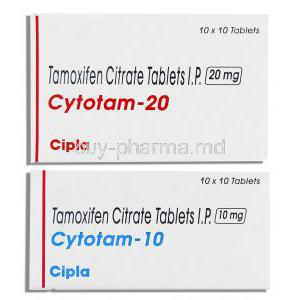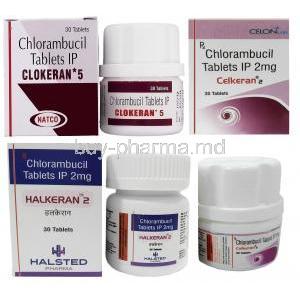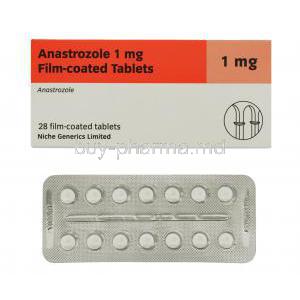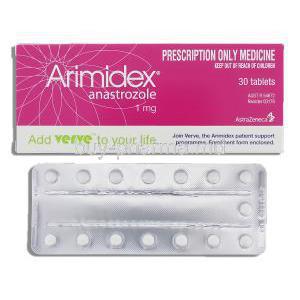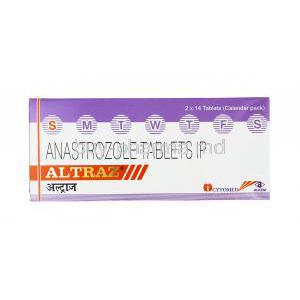Altretamine
- I. Introduction
- II. Uses of Altretamine
- III. Off-Label Uses of Altretamine
- IV. How Altretamine Works
- V. Dosage and Administration
- VI. Composition
- VII. Storage
- VIII. Interaction with Other Medications
- IX. Warning and Contraindications
- X. Careful Administration and Important Precautions
- XI. Administration to Specific Populations
- XII. Side Effects of Altretamine
- XIII. Common Side Effects
- XIV. Overdosage
- XV. Handling Precautions
I. Introduction
The discovery and development of Altretamine, also known as hexamethylmelamine, occurred in the mid-20th century. Extensive trials and examinations were conducted to assess its effectiveness as an agent. Altretamine emerged as a solution for oncology patients, particularly those with ovarian cancer. Its introduction changed medical practices, providing a fresh approach to combat this challenging disease.
II. Uses of Altretamine
Altretamine, also known as Hexalen, is an antineoplastic agent that was approved by the US FDA in 1990 for use as a single agent in the palliative treatment of patients with persistent or recurrent ovarian cancer following first-line therapy with cisplatin and/or alkylating agent-based combination 1. It is not considered a first-line treatment, but it can be useful as salvage therapy 1. Altretamine specifically targets cancer cells and has demonstrated proven results in reducing tumor size. In some cases, it has improved patient prognosis 1. It has shown remission rates in refractory ovarian cancer and when used as part of combination therapy, it has yielded outcomes 1.
III. Off-Label Uses of Altretamine
Altretamine is an antineoplastic agent that is primarily used in the palliative treatment of persistent or recurrent ovarian cancer following first-line therapy with cisplatin and/or alkylating agent-based combination 12. Although it is not typically prescribed for other types of cancer, some studies suggest that it could have benefits in treating other types of cancer 3. However, these investigations are still ongoing, and to confirm the effectiveness and evidence for these uses, it is crucial to conduct rigorous clinical trials. Although there is evidence available, preliminary data does show promise in specific non-primary applications.
1: DrugBank 2: Wikipedia 3: PubMed
IV. How Altretamine Works
How Altretamine works at this level is not fully understood, but it is believed to cause harm to rapidly dividing cells through cytotoxicity. This interference with DNA functioning is thought to be responsible for its tumor effects. When compared to drugs in its class, Altretamine stands out due to its distinct side effect profile and mechanism of action. These unique qualities make it a valuable asset in therapeutic situations.
V. Dosage and Administration
Usual dosage guidelines: Adults are normally prescribed a dose of 260 mg/m^2 divided into four separate amounts. However, doctors need to use their judgment based on the characteristics of each patient. Adaptations for groups: For individuals with kidney problems, adjustments to the dosage might be required. If there are issues with liver function, it is advisable to monitor and make modifications. Forms and preparations of the medication: Primarily available, in shape. The standard capsules come in 50mg strength.
VI. Composition
The primary component in this medication is Altretamine. Each capsule typically contains 50mg of Altretamine. The other substances used in the formulation may vary depending on the manufacturer. Commonly include magnesium stearate, gelatin, and starch. Altretamine is mainly available to ensure accurate dosing and maximum effectiveness when it comes to absorption by the body.
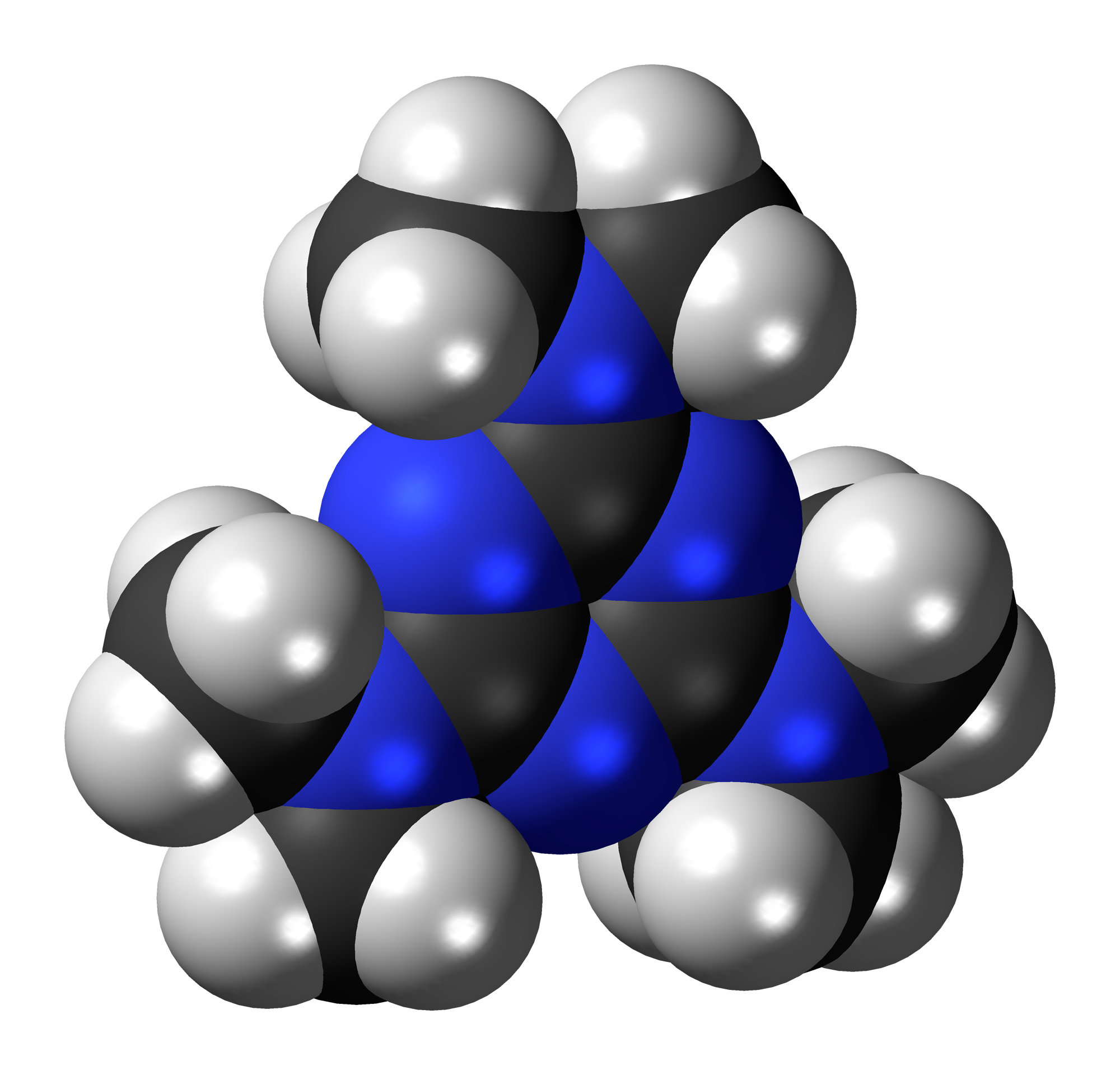
VII. Storage
To store Altretamine capsules properly, keep them at room temperature, away from any moisture or direct sunlight. It's important to note that Altretamine remains effective until its expiration date, typically around 24 to 36 months after its manufacture. When disposing of expired medication, please follow local regulations and ensure that it is kept out of reach of children and pets.
VIII. Interaction with Other Medications
Possible interactions between Altretamine and MAO inhibitors can lead to crises. Additionally, when taken with agents, there may be an increased risk of specific adverse reactions. While no documented interactions with food exist, patients are often advised to avoid alcohol to prevent worsening potential side effects. These interactions can potentially reduce the effectiveness of Altretamine or increase the chances of experiencing impacts. Therefore, reviewing a patient's medication history before starting therapy is crucial.
IX. Warning and Contraindications
Patients and situations in which Altretamine should not be used; Altretamine should be used carefully. People with hypersensitivity to the medication, individuals experiencing severe myelosuppression, and patients with severe kidney or liver impairment should avoid using it. Potential severe reactions or complications: While Altretamine is a treatment option, it is not without possible significant consequences. Neuropathies, blood-related complications, and worsening of existing conditions may occur.
X. Careful Administration and Important Precautions
Maintaining vigilance is crucial to ensure the safety of patients undergoing Altretamine therapy. Regular blood counts, liver function tests, and renal profiles should be conducted to monitor their needs. It is essential to consider dosage adjustments for patients with impaired kidney or liver function. Additionally, individuals with existing disorders should be closely monitored for any potential worsening of their condition.
XI. Administration to Specific Populations
a. Elderly
Adjustments and considerations for patients: When it comes to geriatric patients, their pharmacokinetic profile may differ, which means that dose adjustments and increased monitoring might be necessary. Risks and benefits in using medication by the elderly: Although the therapeutic benefits are clear, it's important to note that elderly patients could be more vulnerable to experiencing reactions, particularly those related to neuromuscular or hematological effects.
b. Pregnant Women and Nursing Mothers
The available evidence on the safety or harm of Altretamine during pregnancy is inconclusive. There is a possibility that it may have effects. Therefore, doctors should only prescribe it to women if the potential benefits outweigh the potential risks. Regarding breastfeeding, it is uncertain whether Altretamine passes into breast milk. As a measure, nursing mothers should avoid taking this medication due to potential threats to their infants.
c. Children
Pediatric dosage suggestions: Altretamine has not been extensively studied for its safety and effectiveness in patients therefore, its use is not currently standardized for this age group. The efficacy and safety of Altretamine in children have not been clearly defined due to the number of rigorous clinical trials conducted.
XII. Side Effects of Altretamine
Side effects are common with Altretamine and other medications. These can range from stomach issues to more severe neurological problems. It's important to note that higher doses and longer treatment durations can make these side effects worse. For example, neuropathies may become more intense when the dosage is increased.
XIII. Common Side Effects
The commonly reported side effects include feeling nauseous and vomiting. There may also be abnormalities in blood tests and peripheral nerve issues. To manage and reduce these side effects, doctors can provide treatment, adjust the medication dosage, and prescribe additional medicines, like antiemetics, to help with nausea.
XIV. Overdosage
Signs and symptoms of an overdose of Altretamine may include heightened side effects such as suppression of bone marrow function, severe neurological issues, and gastrointestinal disturbances. If an overdose occurs, it is essential to provide supportive care and symptomatic treatment and closely monitor the patient. Hemodialysis may be considered as Altretamine is excreted through the kidneys. In cases of overdosage, there could be long-term complications, such as lasting nerve damage and abnormalities in blood cell production. These conditions would require monitoring and intervention measures.

XV. Handling Precautions
To ensure the handling and preparation of Altretamine capsules, handling them carefully and avoiding direct contact with any broken pills is essential. It is also necessary to maintain an environment while preparing the medication. For protection, it is recommended to wear gloves when handling the drug and to thoroughly wash hands after administration. When disposing of expired capsules, it is crucial to follow local pharmaceutical disposal guidelines and make sure they are inaccessible to children, pets, and the environment.


